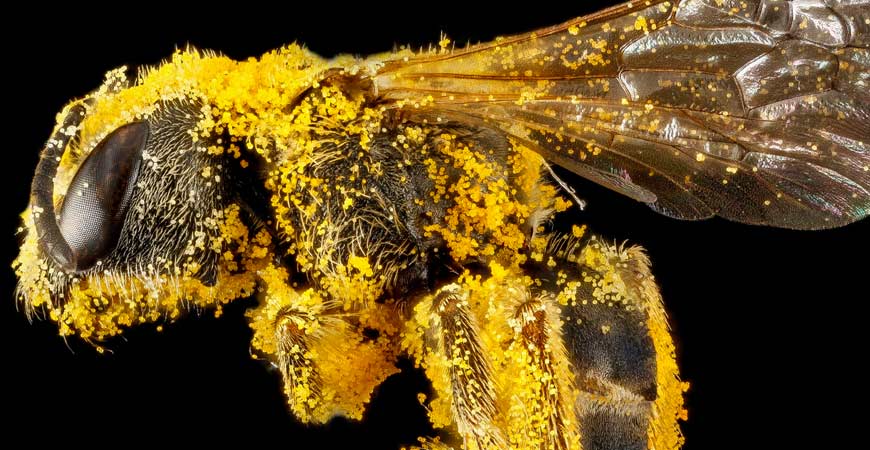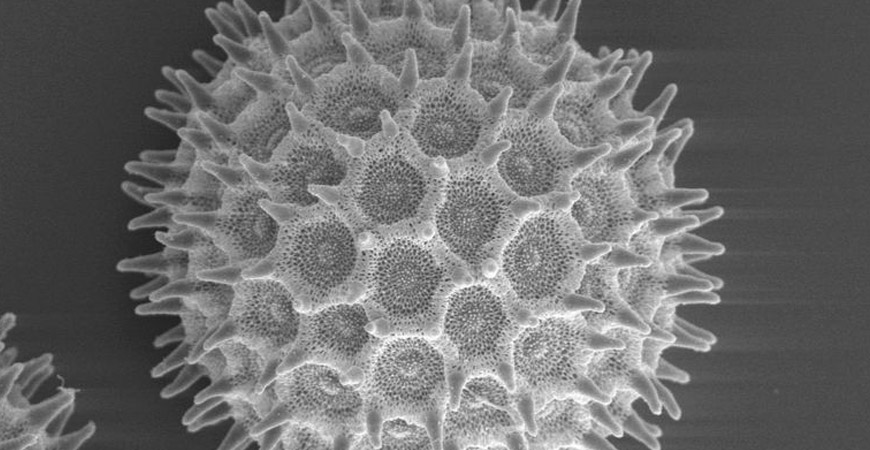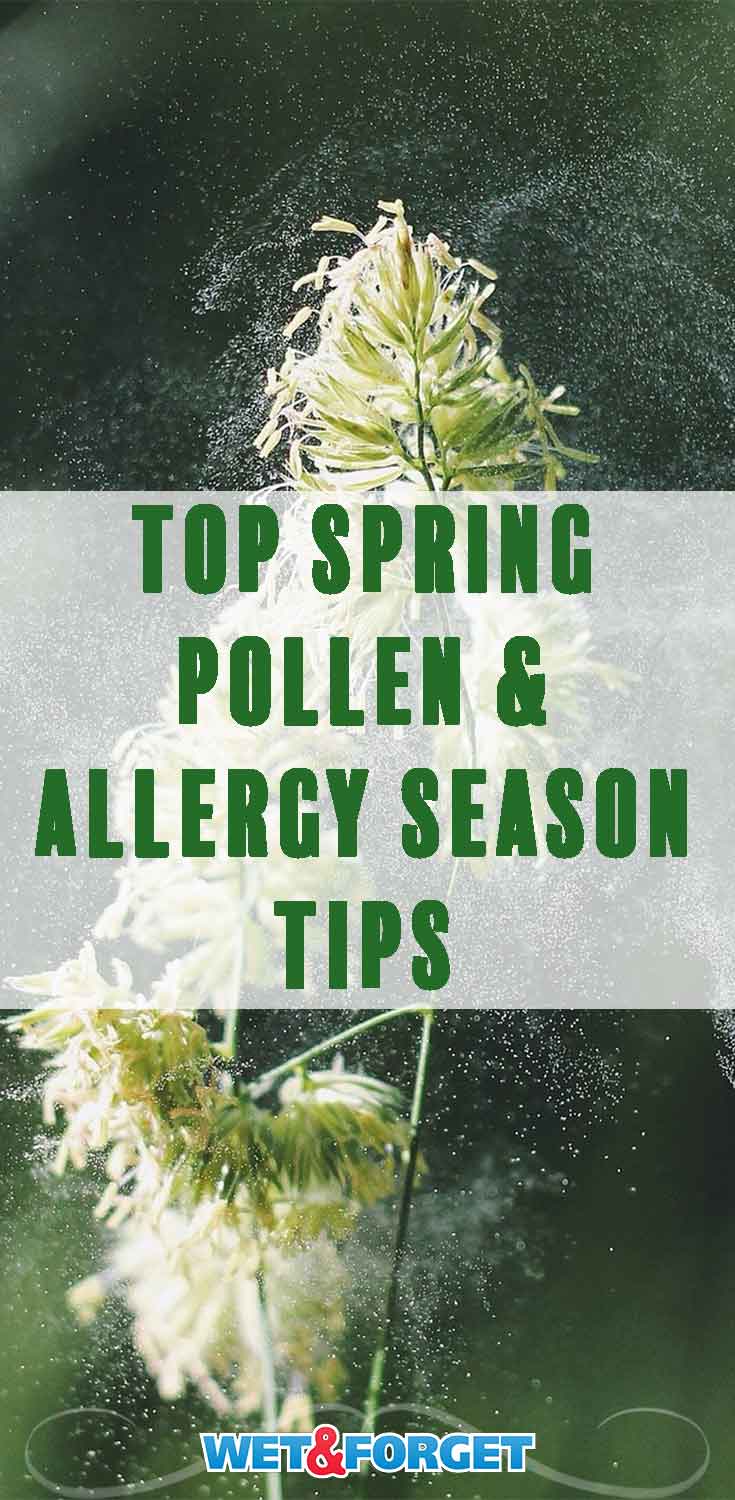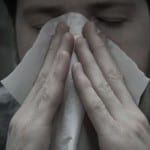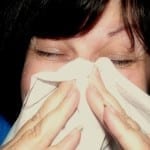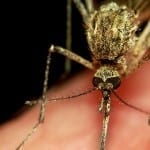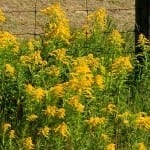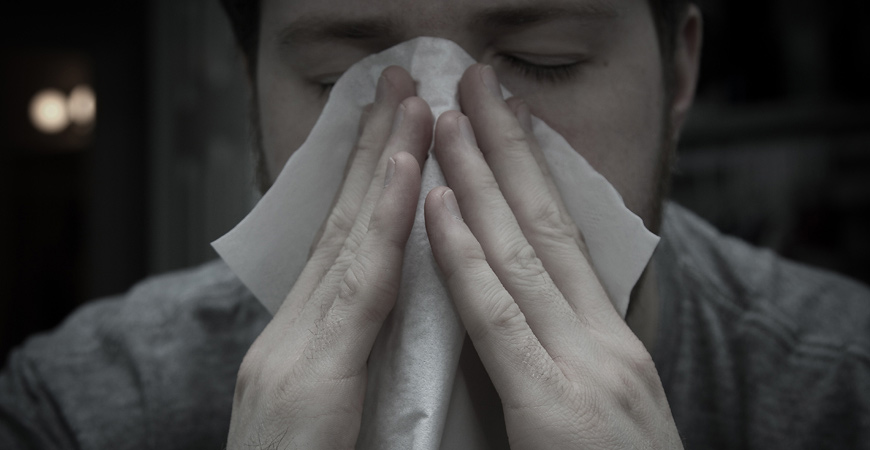
Beat this Year’s “Brutal” Spring Allergy Season with these Key Tips
Now that we’ve finally made it through the infamous polar vortex of 2013-2014, we’re all ready to welcome spring weather. Although, that also means it is allergy season.
Unfortunately, a new round of suffering might be on the horizon for allergy sufferers: Some experts say that the polar vortex has created the perfect conditions for a “pollen vortex” that can make this year’s spring allergy season especially intense.
Don’t suffer! Read on to learn how to fight spring allergy symptoms and fight the sneezes this year.
First: Minimize your Exposure
There’s nothing you can do about the amount of pollen outside, but you can minimize your exposure to the pollen out there.
Here are some steps you can take to reduce the pollen in your life this spring:
- Avoid peak pollen hours. Adjusting your schedule can make a big difference in your pollen exposure. Pollen levels tend to peak in the morning hours, so move your outdoor activities to the evening to help reduce the amount of pollen you come into contact with. Skipping outdoor activities may be your best bet on days when pollen is exceptionally high. WebMD has a pollen calculator to help you keep track of the pollen count where you live. There are also smartphone apps that track pollen levels.
- Wash up. You might not be aware of it, but you can carry quite a bit of pollen on your skin, clothing, and hair. While bees have evolved to attract pollen and carry it on their bodies (see photo above), it’s not such a great thing when you’re an allergy sufferer. Taking a quick shower and changing clothes after outdoor activities and as soon as you arrive home for the evening will eliminate the pollen you’re bringing inside with you and keep you from inadvertently transferring it to your furniture and bedding. For more help on keeping pollen out of your home, read our blog post here.
- Keep doors and windows closed. Fresh spring air can be invigorating, but it can also carry pollen into your home and car. When possible, keep the doors and windows in your home and car closed, and use heating and AC to stay comfortable. Now is a good time to check the filters in your home’s AC system and your car so that they can keep the air as pollen-free as possible.
- Don’t forget indoor allergens. While pollen is the main culprit behind spring “hay fever,” indoor allergies can also cause major misery. Mold spores are an important allergen for many allergy sufferers, so use Wet & Forget Indoor Mold + Mildew Disinfectant Cleaner to eliminate mold in your basement, bathroom, laundry room, and other damp areas.
- Consider a HEPA filter. If you experience many allergy symptoms, a HEPA filter might be the way to go. HEPA room air filters scrub pollen, dust, and mold spores from the air inside your home, particularly where you sleep. Running a HEPA filter in your bedroom for a couple of hours before bedtime can help you breathe easier at night.
Next: Treat your Symptoms
It’s hard to believe that something as small as pollen (see photo above) can cause such misery. But, itchy, watery eyes, sneezing, wheezing, and other allergy symptoms are no joke.
Here are some options for managing your spring allergy symptoms.
- Talk to your doctor. The first step for dealing with symptoms is to make sure they result from allergies. Tell your doctor about your symptoms. Your doctor can decide if allergies are the problem. They may want to do some testing to figure out exactly what you’re allergic to. This will help guide any allergy treatment and help you know what allergens to avoid.
- Antihistamines. Prescription and over-the-counter antihistamines are a real help to allergy sufferers. Antihistamine pills, nasal sprays, and eye drops are all available in both over-the-counter and prescription forms. Talk to your doctor or pharmacist about which medications are right for you.
- Natural allergy remedies. Some allergy sufferers choose natural remedies to help deal with allergy symptoms. Neti pots are one popular natural remedy; they allow allergy sufferers to flush their sinuses. Talk to your doctor or pharmacist about any natural remedies you’re thinking about trying and be sure not to use tap water with a neti pot.
- Immunotherapy. Immunotherapy, such as allergy shots, helps many allergy sufferers lessen their sensitivity to allergens and can sometimes improve symptoms. Talk to your doctor to see if immunotherapy is right for you.
Are you ready to pull out your grill this spring? Click here for a grill spring cleaning checklist!
Use these tips to stay on top of spring allergy season and your symptoms, and enjoy a healthy, happy spring!
Photos courtesy of Lennart Tange, USGS Bee Inventory and Monitoring Lab, Yellowikis.

